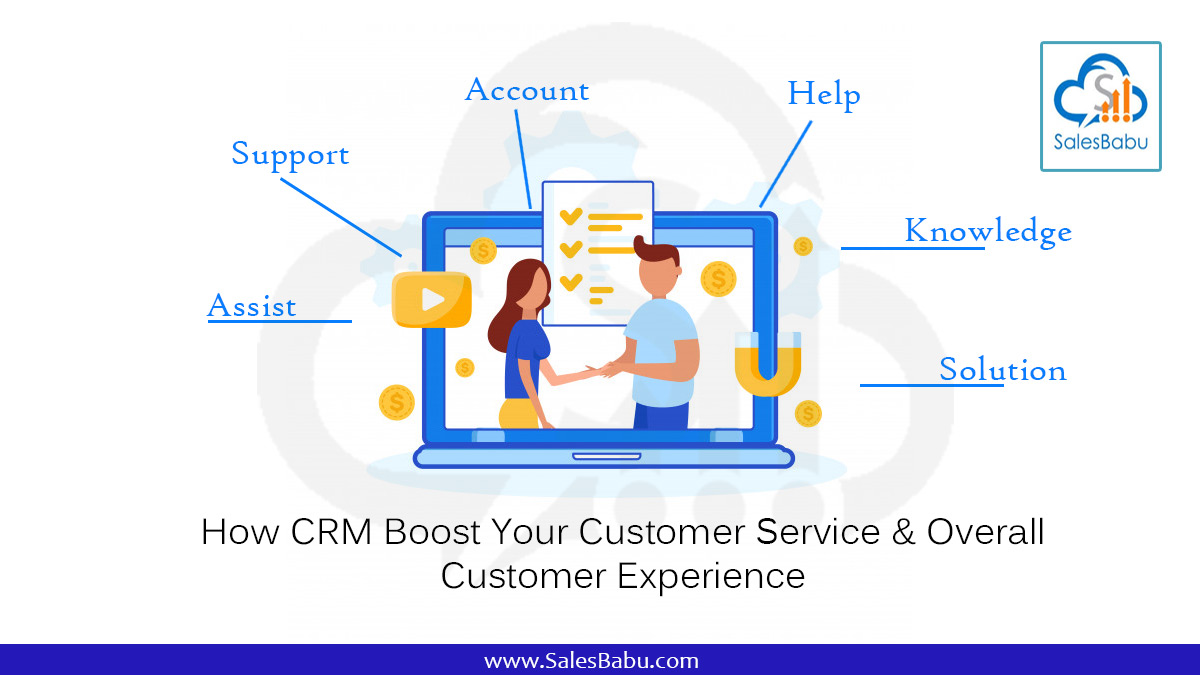Introduction to CRM Platforms for Customer Service Improvement
Improving customer service using a CRM platform – Customer Relationship Management (CRM) platforms are essential tools for modern businesses seeking to enhance customer service. They provide a centralized system for managing customer interactions, enabling businesses to personalize experiences, streamline communication, and ultimately improve customer satisfaction. Effective CRM implementation leads to a more efficient and responsive customer service operation.
Defining CRM Platforms and Their Role in Customer Service
A CRM platform is a software system designed to manage and track interactions with customers. It serves as a central repository for customer data, including contact information, purchase history, support tickets, and communication logs. In the context of customer service, CRM platforms allow businesses to understand customer needs and preferences better, leading to more personalized and effective service interactions.
Key Functionalities of CRM Systems, Improving customer service using a CRM platform
- Centralized Customer Data: Storing and organizing customer information in a single, accessible location.
- Interaction Tracking: Recording all customer interactions, whether via phone, email, chat, or social media.
- Lead Management: Tracking potential customers and nurturing them through the sales funnel.
- Sales Force Automation: Automating sales processes, such as lead qualification and follow-up.
- Customer Support Automation: Automating support ticket routing and resolution.
- Reporting and Analytics: Generating reports and insights on customer behavior and service performance.
Types of CRM Platforms and Suitability
Various CRM platforms cater to different business needs and sizes. Some platforms are more suitable for small businesses, while others are designed for large enterprises with complex requirements. Platforms range from basic contact management tools to sophisticated systems offering extensive automation and analytics.
Comparison of Popular CRM Platforms
| Platform | Key Features | Pricing Model | Customer Support |
|---|---|---|---|
| Salesforce | Comprehensive suite of CRM functionalities, robust reporting and analytics, excellent customization options. | Typically subscription-based, with tiered pricing based on features and user count. | Dedicated support teams and extensive online resources. |
| HubSpot | Free and paid options, strong marketing automation capabilities, integrated sales and service tools. | Free tier available, paid tiers with increasing feature sets. | Excellent online documentation and community forums. |
| Zoho CRM | Wide range of features, customizable dashboards, affordable pricing options. | Subscription-based, with varying pricing plans depending on the features chosen. | Good support resources, including phone and email assistance. |
Enhancing Customer Communication with CRM: Improving Customer Service Using A CRM Platform
CRM systems significantly improve communication channels with customers. They allow for consistent messaging, personalized interactions, and efficient tracking of all communication touchpoints.
Streamlining Communication Channels
CRM platforms integrate various communication channels, like email, phone, chat, and social media. This unified approach ensures a seamless customer journey and avoids communication gaps.
Personalized Communication Strategies
CRM data enables businesses to tailor communications to individual customer needs and preferences. This personalized approach fosters stronger customer relationships.
Best Practices for Managing Customer Interactions

Source: fayedigital.com
- Proactive Communication: Use CRM to anticipate customer needs and offer proactive support.
- Consistent Brand Voice: Maintain a consistent brand voice across all communication channels.
- Multilingual Support: Offer support in multiple languages where appropriate.
Workflow for Handling Customer Inquiries

Source: salesbabu.com
- Ticket Creation: Customer submits inquiry via any channel.
- Automated Routing: CRM automatically routes ticket to appropriate agent based on issue type.
- Agent Interaction: Agent resolves the issue, updating the CRM record.
- Follow-up: Agent notifies customer of resolution or further actions required.
Improving Customer Service Efficiency with CRM Tools
CRM automation features significantly enhance customer service efficiency. Automating tasks and providing insights into customer interactions allows for more efficient resolution of issues and a faster response time.
CRM Automation Features
Automation features in CRM systems handle repetitive tasks, freeing up agents to focus on complex issues. Examples include automated email responses, ticket routing, and knowledge base updates.
Streamlining Ticket Management and Resolution
CRM systems provide tools for managing and tracking support tickets, from initial creation to resolution. This centralized system allows for better organization and faster resolution times.
Proactive Customer Service
CRM data can be used to identify potential issues and proactively address them before customers become frustrated. This proactive approach strengthens customer relationships and increases satisfaction.
Reporting and Analytics for Service Delivery
CRM systems provide reporting and analytics tools that offer insights into customer service performance. These tools help identify areas for improvement and track the effectiveness of service initiatives.
Time and Resource Savings with CRM Features
| Feature | Time Saved | Resources Saved | Impact on Efficiency |
|---|---|---|---|
| Automated Email Responses | Significant time savings | Reduced agent workload | Faster response times |
| Automated Ticket Routing | Faster ticket allocation | Reduced manual intervention | Improved resolution times |
FAQ Resource
What’s the difference between a CRM and a help desk?
A CRM focuses on the overall customer relationship, managing data and interactions across various touchpoints. A help desk, on the other hand, specifically handles customer support requests and tickets. They often work together, with the CRM providing context for the help desk.
How much does a CRM platform cost?
CRM pricing varies significantly depending on the platform’s features, the number of users, and the specific functionalities you need. Some offer tiered pricing models, while others charge based on usage or have custom pricing options.
Can a CRM help me predict customer churn?
Yes, many CRM platforms offer data analysis and reporting tools that can help identify patterns and trends related to customer churn. By analyzing customer behavior, purchase history, and engagement levels, you can better understand the factors that contribute to churn and take proactive steps to retain customers.
Are there any CRM platforms specifically designed for small businesses?
Absolutely! Several CRM platforms offer affordable and user-friendly options tailored to the needs of small businesses. Look for solutions with intuitive interfaces, essential features, and excellent customer support.